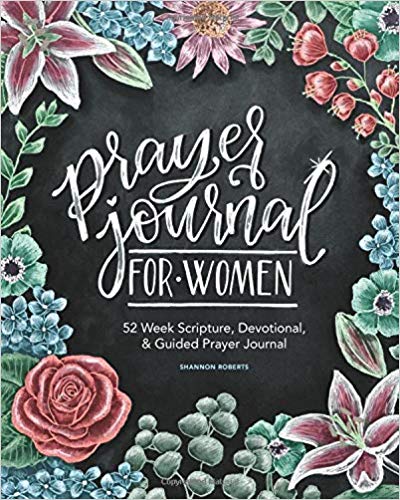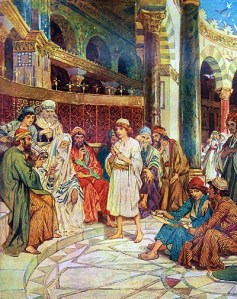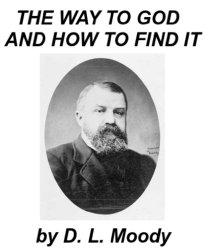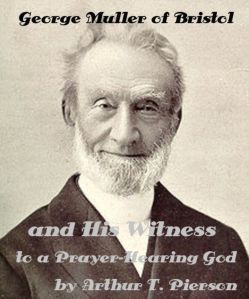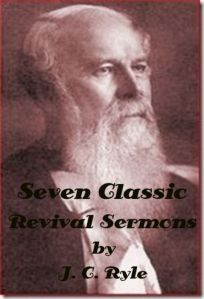March is Women’s History Month!
In continuing to honor Christian women who have had a historic impact, here is a biography of Sarah Edwards, the wife of the famous Puritan preacher Jonathan Edwards.
Noël Piper’s (John’s wife) also does an excellent audio biography of Sarah Edwards from Desiring God
Sarah Pierpont Edwards 1710-1758
American nonfiction writer.
INTRODUCTION
Edwards is as well known for her life of Christian piety, her mystical experiences, and her status as the wife of pastor Jonathan Edwards as for her own writings. Apart from a handful of letters, her only extant work is a spiritual narrative that was first published in 1829-30, more than seventy years after her death, in a collection of writings about her husband. The narrative relates the intense conversion experience Edwards underwent in 1742. Her account was used, in altered form, by Jonathan Edwards in his defense of the spiritual revival in New England, of which he was a chief architect. Edwards and her few writings have been overshadowed by the life and work of her famous husband, but a handful of scholars have begun to take an interest in her work because of its unique approach to spirituality, its insights into Jonathan Edwards’s life and personality, and the perspective it brings into the way feminine texts have been appropriated and altered by male voices.
Biographical Information
Edwards was born Sarah Pierpont in New Haven, Connecticut, in 1710 to a distinguished family of educated preachers. Few details are known about her early life. When she was thirteen years old she attracted the attention of Jonathan Edwards, who described her extraordinary piety in his essay “On Sarah Pierrpont.” Edwards married him four years later, at age seventeen, shortly after Jonathan Edwards was ordained a minister in Northampton, Massachusetts. Edwards became a model wife to her pastor husband. She occupied a special status in the community because of her loveliness, intelligence, virtue, and piety. Her husband also used her as an example in his sermons, as he often identified spirituality with beauty. In the 1730s the Edwards household was the center of a religious revival, the so-called “Great Awakening,” in New England. By the early 1740s Jonathan Edwards and other preachers were coming under attack for the excessive fervor of the movement. In an incident that took place in 1741, as Jonathan Edwards’s success was waning, one of his disciples was able to rouse his congregation as he had not been able to do for some time. Edwards was apparently jealous of this other preacher’s success, and her husband spoke sharply to her about this. In early 1742 she underwent an extraordinary ecstatic religious experience, a “second conversion,” that she claimed cleansed her of her jealousy and resigned her perfectly to God. Edwards’s husband recorded her story and used it to buttress his authority as manager of the ongoing revival. In the late 1740s Jonathan Edwards was removed from Northampton and posted to Stockbridge, Massachusetts, and the family lived there for seven years. In 1758 they moved to Princeton, New Jersey, when Jonathan Edwards was offered the presidency of the college there (which later became Princeton University). He died several weeks after taking the post, and seven months later Edwards herself died of rheumatic fever.
Major Works
The original manuscript of Edwards’s conversion narrative has been lost; however, it was quoted in full in Sereno E. Dwight’s 1829-30 memoir of Jonathan Edwards, The Life of President Edwards. An edited version of Edwards’s account first appeared in Jonathan Edwards’s Some Thoughts Concerning the Present Revival of Religion in New England in 1742. The two texts vary. In both accounts, the reader learns of Edwards’s sense of her sinfulness and pride, her encounter with the Holy Spirit, her experience of the divine, and her eventual submission to God. Her husband’s version of the experience, however, leaves out many of the personal details that Edwards recounted, including issues of power and control faced by husband and wife. Jonathan Edwards’s version changes the perspective from first- to third-person, referring to the subject of the ecstatic experiences as “the person,” and creating a sense of distance that is absent from Edwards’s own intense, personal account.
Critical Reception
As the wife of Jonathan Edwards, Edwards and her writings have been overshadowed by the famous pastor’s life and works. Several historians, however, have examined her extraordinary, sometimes turbulent, relationship with her husband and her mystical experiences. Only since the 1980s have critics examined Edwards’s own writings, and then usually only to compare her narrative to her husband’s version of her experiences. These scholars have noted how her husband used her experiences for his own purposes and edited the feminine voice out of her text; have discussed how Edwards used her husband’s theology in her descriptions; and have shown how Edwards offers insights into the religious and social life of Puritan New England.
Source: http://www.enotes.com/literary-criticism/edwards-sarah-pierpont






